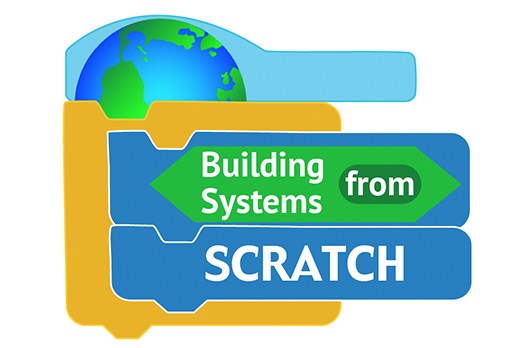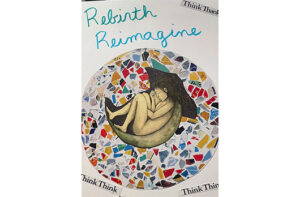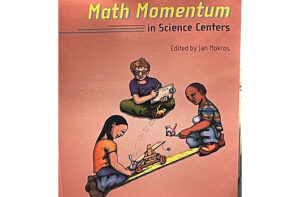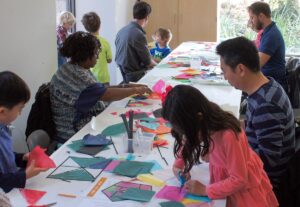Building Systems from Scratch: an Exploratory Study of Students Learning About Climate Change
Gillian Puttick and Eli Tucker-Raymond
Journal of Science Education and Technology, (2018) 27:306–321
Summary
Science and computational practices such as modeling and abstraction are critical to understanding the complex systems that are integral to climate science. Given the demonstrated affordances of game design in supporting such practices, we implemented a free 4-day intensive workshop for middle school girls that focused on using the visual programming environment, Scratch, to design games to teach others about climate change. The experience was carefully constructed so that girls of widely differing levels of experience were able to engage in a cycle of game design. This qualitative study aimed to explore the representational choices the girls made as they took up aspects of climate change systems and modeled them in their games. Evidence points to the ways in which designing games about climate science fostered emergent systems thinking and engagement in modeling practices as learners chose what to represent in their games, grappled with the realism of their respective representations, and modeled interactions among systems components. Given the girls’ levels of programming skill, parts of systems were more tractable to create than others. The educational purpose of the games was important to the girls’ overall design experience, since it influenced their choice of topic, and challenged their emergent understanding of climate change as a systems problem.

Related People:
Gillian Puttick













